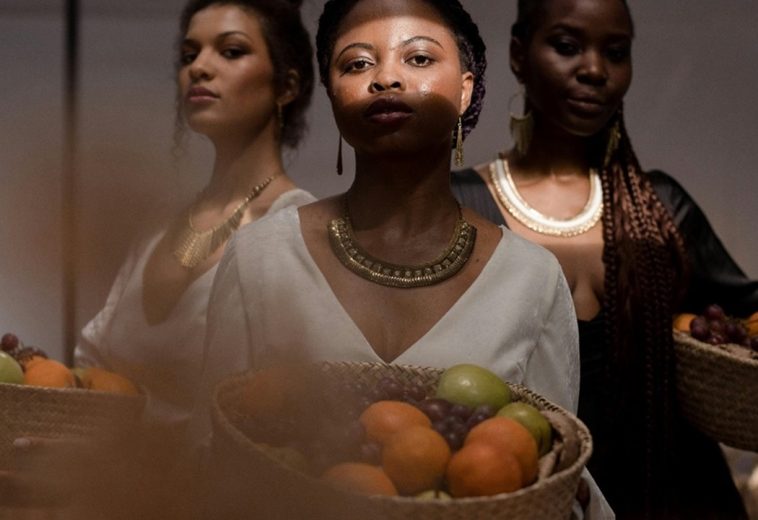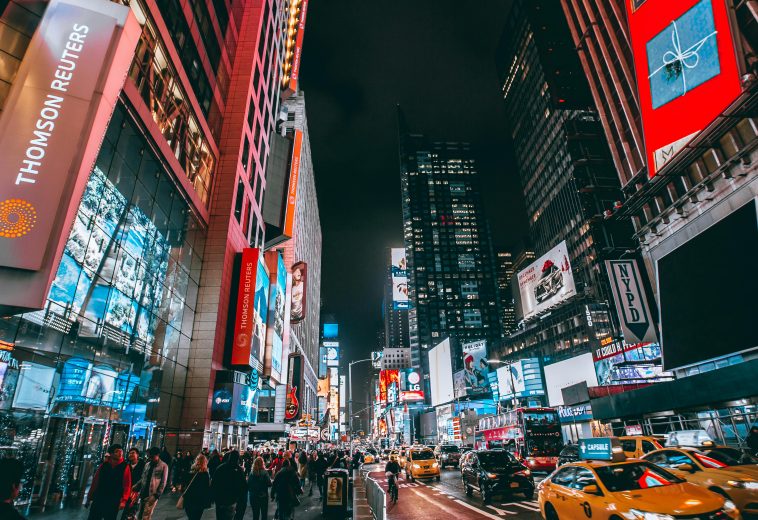Within the framework of democracy, Africa’s press has emerged not as a passive spectator but as a powerful protagonist, challenging the shadows of state control, censorship, and propaganda. As the ink of free expression flows across the continent, it tells a story of defiance, resilience, and unparalleled progress. In many respects, Africa’s democracies have embraced press freedom with an enthusiasm that rivals, if not surpasses, that of some Western nations, where media hostility is on the rise.
A Flourishing Landscape Amid Global Regression
While the term “freedom of the press” often conjures images of Western democracies, the reality tells a different story. In recent years, Africa has outpaced many global counterparts in fostering media independence. Nations such as Namibia, Ghana, and South Africa lead the continent, ranking highly on the World Press Freedom Index.
READ ALSO: Projecting Africa’s Democratic Future: The Road Ahead
Namibia, for example, has consistently upheld press freedoms, safeguarding journalists through robust legal frameworks and constitutional guarantees. Ghana’s media landscape is celebrated for its diversity and vibrancy, with outlets fearlessly investigating corruption and holding public officials accountable. In contrast, Western democracies such as the United States have seen increasing hostility towards journalists, with a rise in disinformation, threats, and even violence targeting members of the press.
Triumphs in Press Protection
Africa has made remarkable progress in protecting journalistic integrity, underscored by bold investigative reporting and legal victories. In South Africa, outlets like AmaBhungane and Daily Maverick exposed the state capture scandal involving Jacob Zuma, catalysing legal reforms that reshaped the nation’s politics. Similarly, Kenya’s judiciary has consistently upheld media freedoms, overturning efforts to stifle press independence and demonstrating robust democratic systems.
Nigeria’s media, including Sahara Reporters, Premium Times, and African Leadership Magazine, continues to combat corruption by exposing high-profile scandals, reinforcing the press’s role as a watchdog of governance and transparency across the continent.
Hostility in the West: A Stark Contrast
In a surprising twist, press freedom is increasingly under siege in traditional democracies. In the United States, polarised politics and disinformation campaigns have turned the media into a target, with journalists facing unprecedented hostility. Similarly, the United Kingdom has enacted sweeping surveillance laws that compromise journalists’ ability to protect sources. The arrest and ongoing persecution of whistleblowers and journalists, such as Julian Assange, further illustrate the erosion of press freedoms in the West.
By comparison, Africa’s progress offers a stark and hopeful narrative. Though challenges remain, the continent’s commitment to media independence stands as a testament to its democratic resilience.
Through the Prism of Change
Africa’s media landscape is not without its battles:
Censorship in Authoritarian States: Countries such as Eritrea and Zimbabwe still suppress dissenting voices, using draconian laws and violence to silence the press.
The Rise of Disinformation: Social media has become a double-edged sword, amplifying both credible journalism and harmful fake news. Disinformation campaigns undermine trust in the media and threaten democratic stability.
Cybersecurity Threats: Digital platforms, now central to African journalism, face increasing threats of hacking and surveillance, particularly in politically sensitive reporting.
Despite these challenges, regional organisations and civil society groups are stepping in. The African Union, alongside entities like the Media Foundation for West Africa, continues to advocate for legal reforms and protections that empower the press.
Africa Protecting Its Press
Ghana: The constitution enshrines media freedoms, and institutions like the National Media Commission actively protect journalists from political interference.
Rwanda: Once plagued by media-fuelled propaganda, Rwanda has reformed its media environment with initiatives that train journalists in ethical reporting and promote professional standards.
Namibia: With an unwavering commitment to press freedom, Namibia has positioned itself as a leader in media independence, ensuring journalists can operate without fear of persecution.
Africa’s Lighthouse of Democracy
Africa’s press stands as a lighthouse, piercing through the fog of censorship and propaganda to illuminate truth and justice. Each article written, each exposé published, reinforces the foundation of its democracies. The ink is no longer shackled; it is a weapon against corruption, a shield for the voiceless, and a bridge connecting governments to the governed.
The battle for press freedom in Africa is far from over, but the strides made so far are undeniably commendable. As Western democracies grapple with media hostility and disinformation, Africa’s story serves as a reminder of the transformative power of a free press. By empowering journalists, enforcing legal protections, and fostering public trust, Africa continues to write a narrative of hope, resilience, and democratic progress.
In the global fight for media independence, Africa’s press is not just surviving; it is thriving, proving that the pen, indeed, is mightier than the sword.




